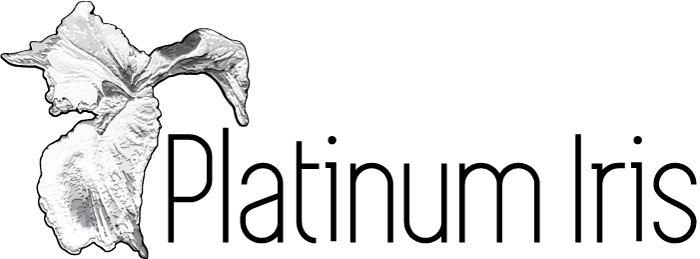South African Bureau of Standards (SABS) is a leading business services provider to organizations worldwide, offering a range of services for management system certification, product testing and certification, and standardization.
We provide standards that enhance the competitiveness of South Africa, and which are the basis for consumer protection, health, safety and environmental issues. We have more than fifty years of experience in our core function, namely, the development of national standards and the maximization of benefits of the internationalization of standards. Crucial to this process are the more than 450 technical committees and subcommittees administered by the Standards Division of the SABS to produce standards. At present, approximately 6 500 standards are maintained by the Standards Division and new standards are developed at a rate of approximately 500 a year.
Growing environmental awareness and the increasing awareness of quality implies the need for standardized requirements and test methods.
What is a Standard?
Standards may be thought of as the oil that lubricates the machinery of economic growth and international trade, and are thus essential to international competitiveness. The great pyramids at Giza, in Egypt, constructed nearly 5 000 years ago, are some of the oldest examples of the application of standardization on a huge scale.
Put at its simplest, a standard is an agreed, repeatable way of doing something. It is a published document that contains a technical specification or other precise criteria designed to be used consistently as a rule, guideline, or definition. Standards help to make life simpler and to increase the reliability and the effectiveness of many goods and services we use. Standards are created by bringing together the experience and expertise of all interested parties such as the producers, sellers, buyers, users and regulators of a particular material, product, process or service.
The Benefits of Standards:
Standards have become such integral components of our economic, social and legal systems that they are frequently taken for granted and their crucial role in a modern society is often not recognised.
The SABS Standards Division has more than sixty years of experience in its core function, namely, the development of national standards and maximising the benefits of international standards through adoptions, which enhances the competitiveness of the South African industry and advance international trade.
In South Africa our standards enhance competitiveness and provide the basis for consumer protection, health and safety.
Consumer Benefits
- Standards ensure that consumers are protected from hazards to their health and safety.
- Standards promote and protect economic interests of consumers.
- Standards ensure that consumers have easier access to and greater choice in goods and services.
- Standards ensure improved quality and reliability.
- Standards ensure better operation and compatibility between products and services.
- Standards ensure the availability of effective consumer redress.
Industry Benefits
- Standards lower installation and start-up costs.
- Standards inspire added trust in your business.
- Standards can assist business to meet mandatory regulations.
- Standards ensure improved quality and reliability.
- Standards can create a competitive advantage by improving the quality of your goods and services.
- Standards open new markets by assuring new customers that you meet their quality requirements.
- Standards attract new customers.
- Standards reduce cost in the way you do business.
Government Benefits
- Standards benefit the South African Government by complementing regulations and promoting international trade.
- Standards reduce technical barriers to international trade, thus positioning South African industries to compete in the world economy.
- Standards are used to regulate and monitor industry so as to prevent adverse business practices.
- Standards help make laws consistent.
- Standards offer an alternative to regulation, with less red tape and business costs, while still ensuring that products and services are safe and healthy.
How is a Standard made
Standards are designed for voluntary use and do not impose any regulations. However, laws and regulations may refer to certain standards and make compliance with them compulsory.
Any standard is a collective work. Committees of manufacturers, users, research organizations, government departments and consumers work together to draw up standards that evolve to meet the demands of society and technology. SABS Standards’ staff act as secretaries to these committees and project manage the production of standards. Crucial to this process are 450 technical committees and subcommittees that are responsible for developing standards. At present, more than 6100 standards are maintained by Standards Division and new standards are developed at a rate of approximately 500 per annum.
What is International Standards
Electrotechnical standards are harmonized internationally by the International Organization for Standardization (ISO) and the International Electrotechnical Commission (IEC).
SANS 10131:2004 Above-ground storage tanks for petroleum products.




